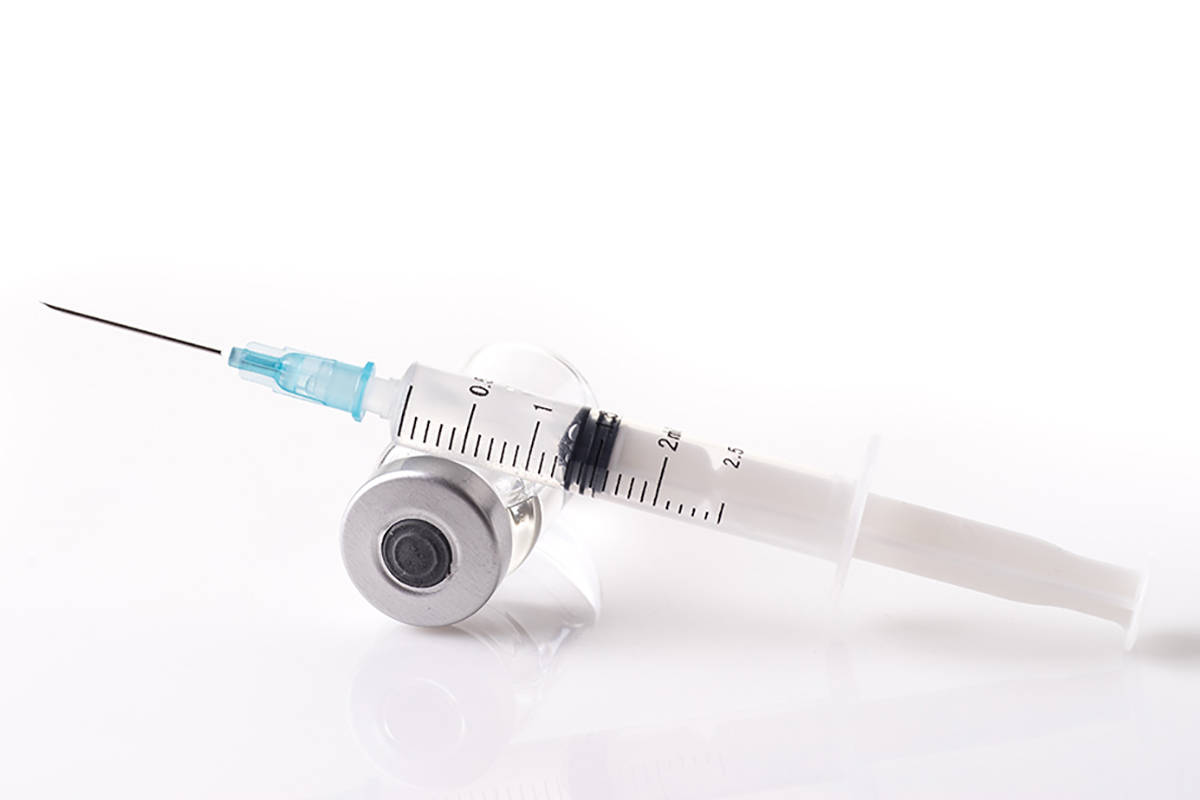Pfizer, BioNTech reach COVID vaccine milestone
Pfizer Inc. and German firm BioNTech SE today announced their mRNA-based vaccine candidate, BNT162b2, against SARS-CoV-2 has demonstrated evidence of efficacy against COVID-19 in participants without prior evidence of SARS-CoV-2 infection, based on the first interim efficacy analysis conducted on Nov. 8 by an external, independent data monitoring committee from the Phase 3 clinical study.
“The first set of results from our Phase 3 COVID-19 vaccine trial provides the initial evidence of our vaccine’s ability to prevent COVID-19,” said Dr. Albert Bourla, Pfizer chairman and CEO. “We are reaching this critical milestone in our vaccine development program at a time when the world needs it most with infection rates setting new records, hospitals nearing over-capacity and economies struggling to reopen.
“With today’s news, we are a significant step closer to providing people around the world with a much-needed breakthrough to help bring an end to this global health crisis. We look forward to sharing additional efficacy and safety data generated from thousands of participants in the coming weeks.”
After discussion with the FDA, the companies recently elected to drop the 32-case interim analysis and conduct the first interim analysis at a minimum of 62 cases. Upon the conclusion of those discussions, the evaluable case count reached 94 and the DMC performed its first analysis on all cases. The case split between vaccinated individuals and those who received the placebo indicates a vaccine efficacy rate above 90% at seven days after the second dose. This means that protection is achieved 28 days after the initiation of the vaccination, which consists of a two-dose schedule.
As the study continues, the final vaccine efficacy percentage might vary. The DMC has not reported any serious safety concerns and recommends that the study continue to collect additional safety and efficacy data as planned. The data will be discussed with regulatory authorities worldwide.
“I want to thank the thousands of people who volunteered to participate in the clinical trial, our academic collaborators and investigators at the study sites and our colleagues and collaborators around the world who are dedicating their time to this crucial endeavor,” Bourla said. “We could not have come this far without the tremendous commitment of everyone involved.”
“The first interim analysis of our global Phase 3 study provides evidence that a vaccine may effectively prevent COVID-19,” said Ugur Sahin, BioNTech co-founder and CEO. “This is a victory for innovation, science and a global collaborative effort. When we embarked on this journey 10 months ago, this is what we aspired to achieve. Especially today, while we are all in the midst of a second wave and many of us in lockdown, we appreciate even more how important this milestone is on our path toward ending this pandemic and for all of us to regain a sense of normality.
“We will continue to collect further data as the trial continues to enroll for a final analysis planned when a total of 164 confirmed COVID-19 cases have accrued. I would like to thank everyone who has contributed to make this important achievement possible.”
The Phase 3 clinical trial of BNT162b2 began July 27 and has enrolled 43,538 participants to date, 38,955 of whom have received a second dose of the vaccine candidate as of Nov. 8. Approximately 42% of global participants and 30% of U.S. participants have racially and ethnically diverse backgrounds.
The study also will evaluate the potential for the vaccine candidate to provide protection against COVID-19 in those who have had prior exposure to SARS-CoV-2, as well as vaccine prevention against severe COVID-19 disease. In addition to the primary efficacy endpoints evaluating confirmed COVID-19 cases accruing from seven days after the second dose, the final analysis now will include, with FDA approval, new secondary endpoints evaluating efficacy based on cases accruing 14 days after the second dose as well.
The companies believe that the addition of these secondary endpoints will help align data across all COVID-19 vaccine studies and allow for cross-trial learnings and comparisons between these novel vaccine platforms. The companies have posted an updated version of the study protocol at https://www.pfizer.com/science/coronavirus.
Pfizer and BioNTech are continuing to accumulate safety data and currently estimate that a median of two months of safety data following the second and final dose of the vaccine candidate – the amount of safety data specified by the FDA in its guidance for potential Emergency Use Authorization – will be available by the third week of November. Additionally, participants will continue to be monitored for long-term protection and safety for an additional two years after their second dose.
Based on current projections, the companies expect to produce up to 50 million vaccine doses globally in 2020 and up to 1.3 billion doses in 2021.

















